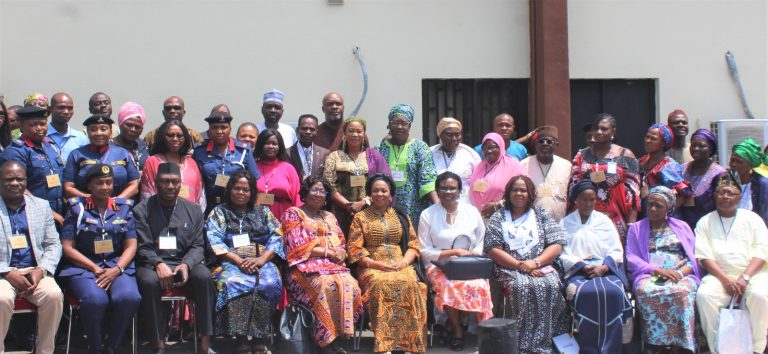By Justina Auta
The Federal Government on Friday charged States and Local Government Councils to domesticate and implement the revised 2021-2026 National Gender Policy (NGP) for equity and welfare of vulnerable groups.
Dr Monilola Udoh, the Permanent Secretary, Federal Ministry of Women Affairs, made the call at a Dissemination and Sensitisation Workshop on the 2021/2026 revised NGP in Abuja.
She said: “The overall goal of the 2021 NGP is to build a just society in which women, girls, and other vulnerable groups will enjoy the same opportunities, rights and obligations in all spheres of life.
“This should be devoid of discrimination; where their needs and concerns are mainstreamed equitably into all sectors of national development.
“The strategic objectives of the revised NGP are to bridge gender and social inclusion gaps and achieve parity in all spheres of life.
“The policy will also protect women’s human rights and mitigate sexual and gender- based violence through appropriate buffers and related services.”
According to her, the NGP will explore and fully harness women’s human capital assets, as a growth driver for national development through women’s economic empowerment, participation and representation in leadership and governance, amongst others.
She, therefore, urged all gender officers represented to ensure the domestication and full implementation of the policy in their various states for overall impact and national development.
Ms Beatrice Eyong, the Country Representative, UN Women, highlighted the importance of NGP towards setting the tone for meaningful engagements on issues around gender equality and women’s empowerment.
“UN Women has always been at the forefront of the development of the strategy, we feel very honoured to continue to be part of this,” she said.
Eyong, represented by Ms Patience Ekeoba, the National Programme Officer, UN Women, urged all development partners to continue to support the process of review, dissemination and implementation of the policy at all levels.
Prof. Olabisi Aina, the Executive Director, Centre for Gender, Women and Children in Sustainable Development and Lead of the 2006 Gender Policy, stressed the need to mainstream gender equity in all sectors across the states.
“Unless we get all the processes right, we will not make it in terms of development and this is the reason why the gender policy must be domesticated across all states of the federation,” he said.
Other partners present included the African Development Bank (AfDB), ActionAid, religious and traditional leaders, as well as women groups.


